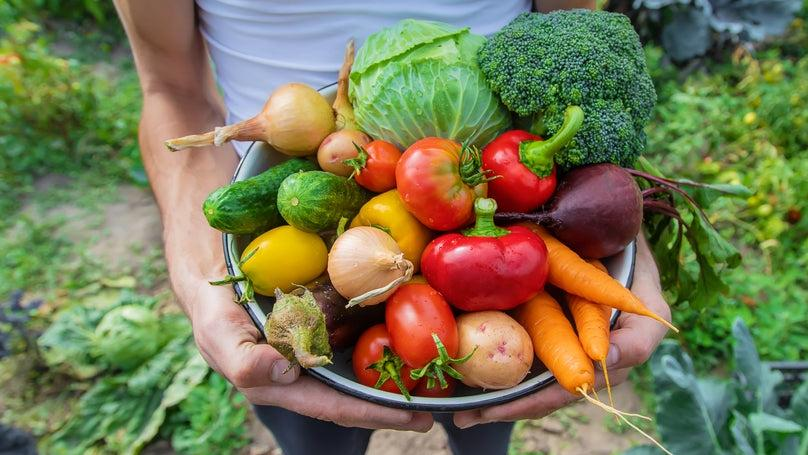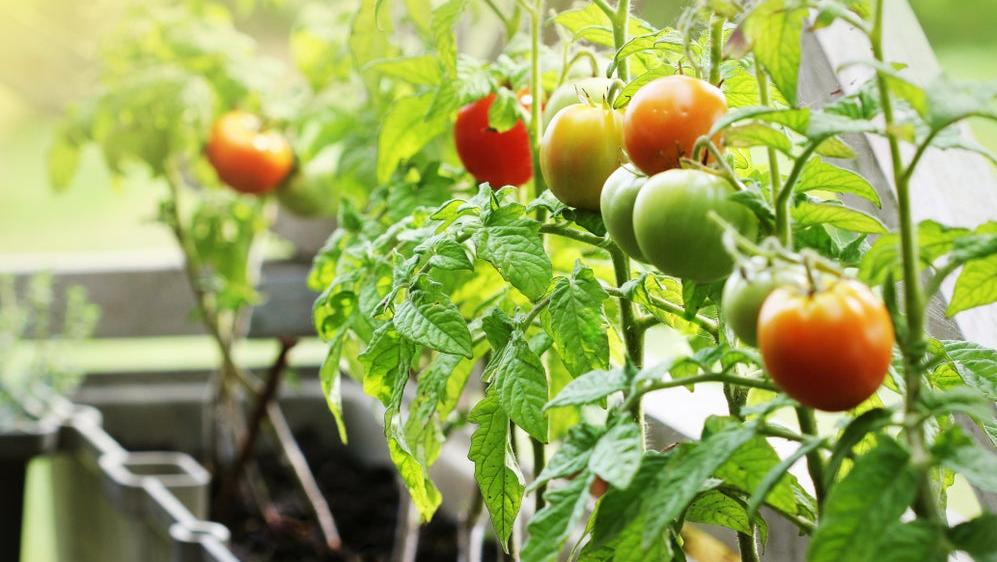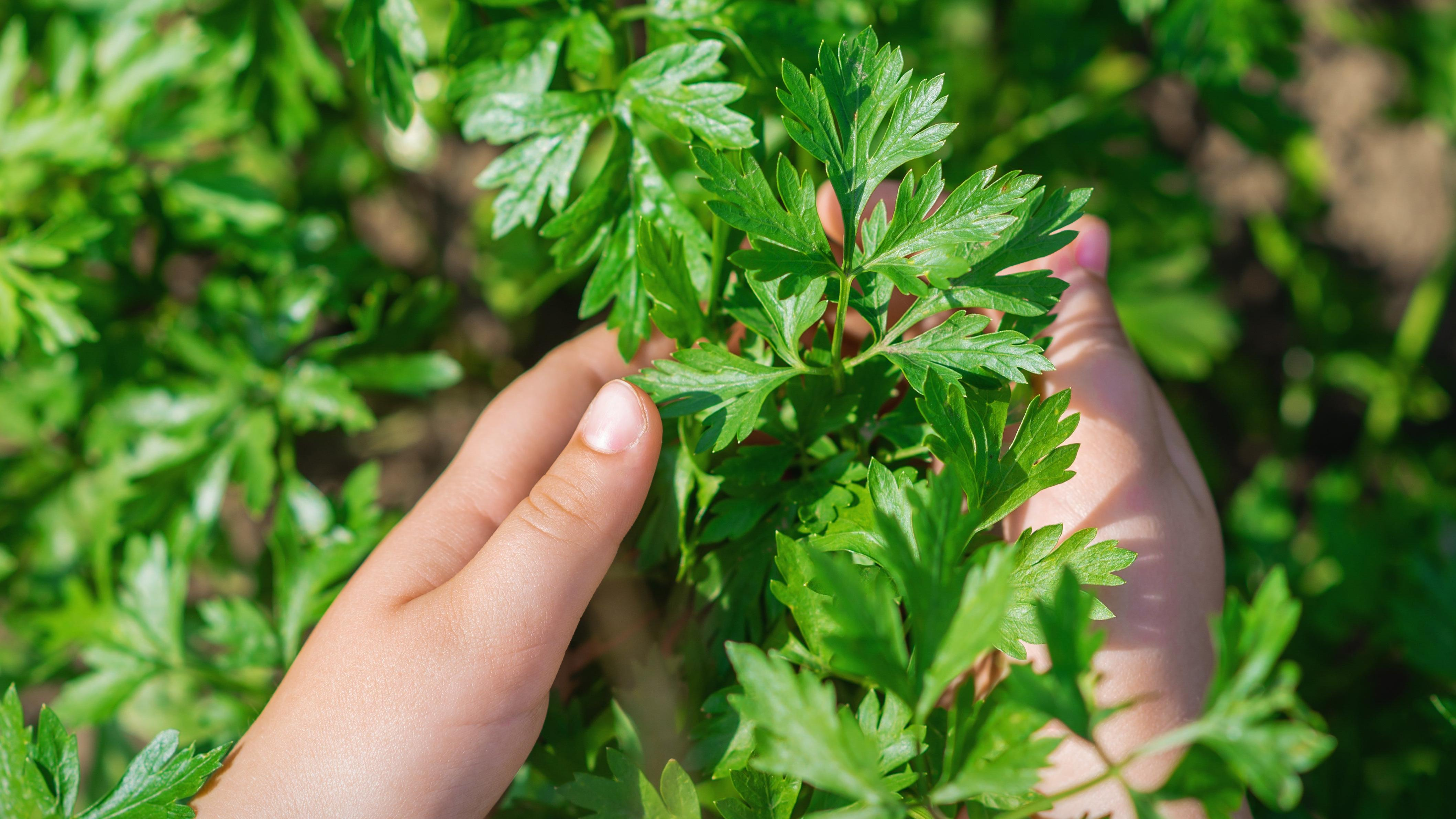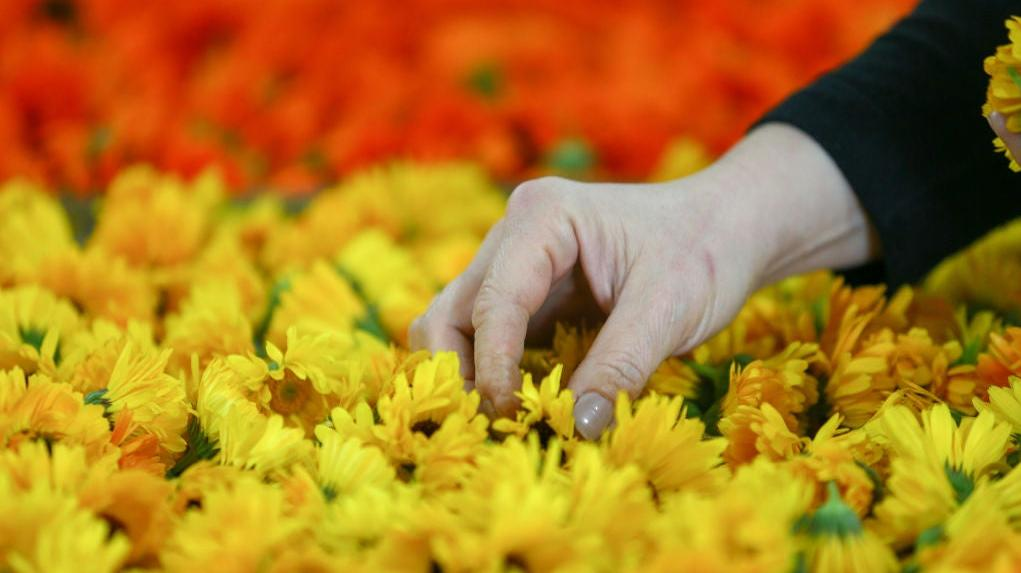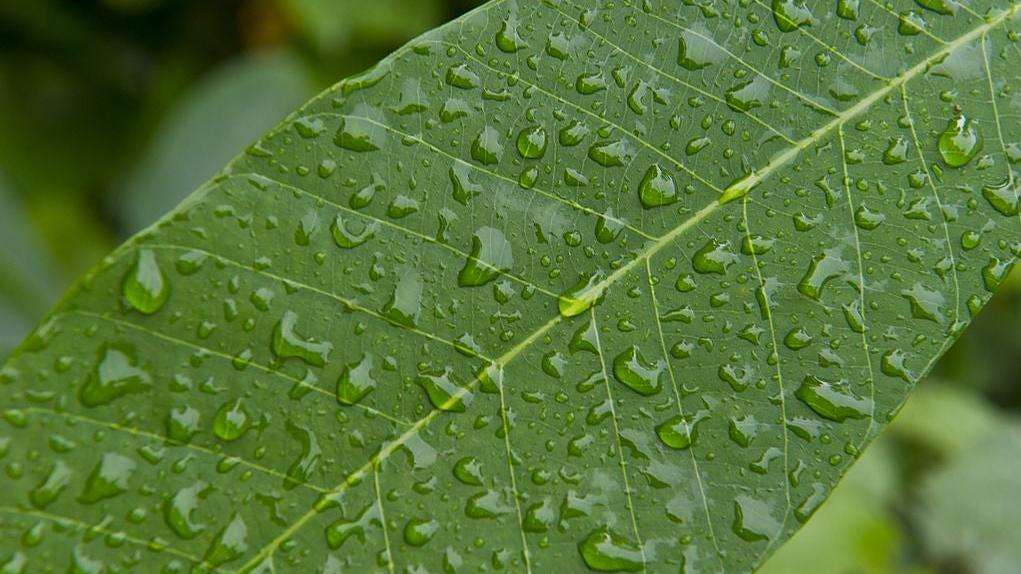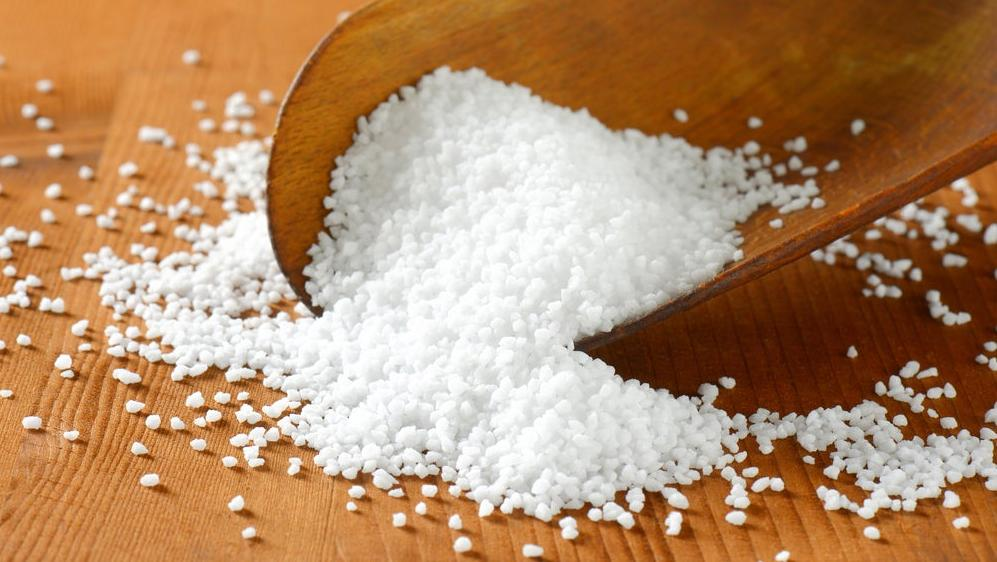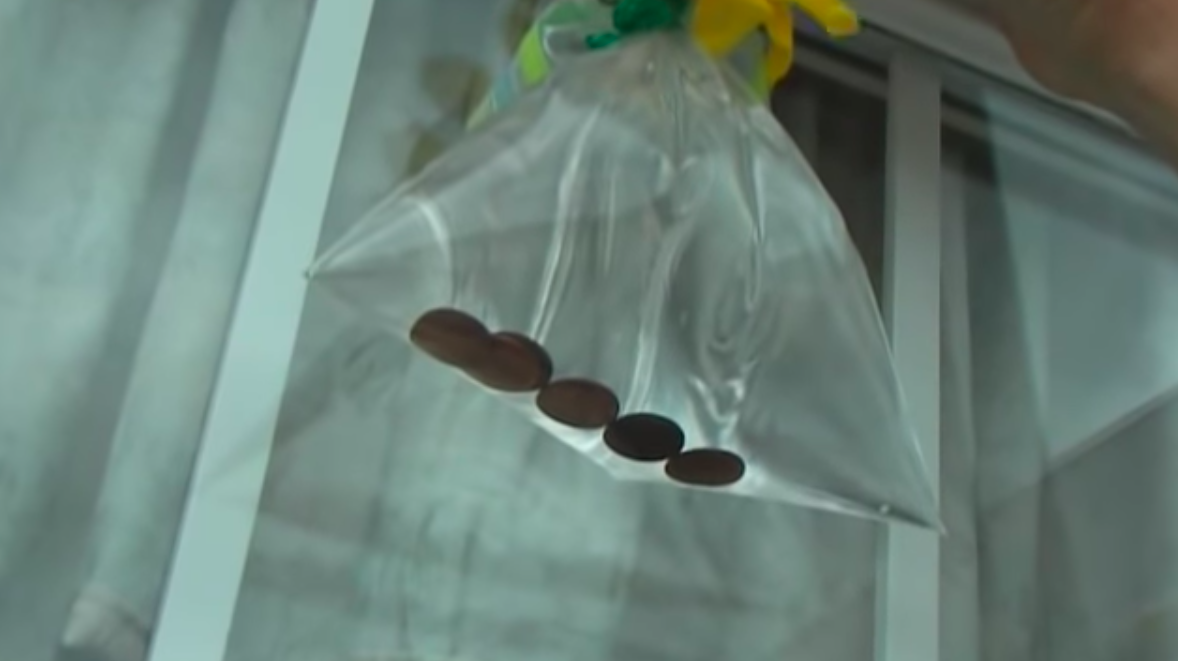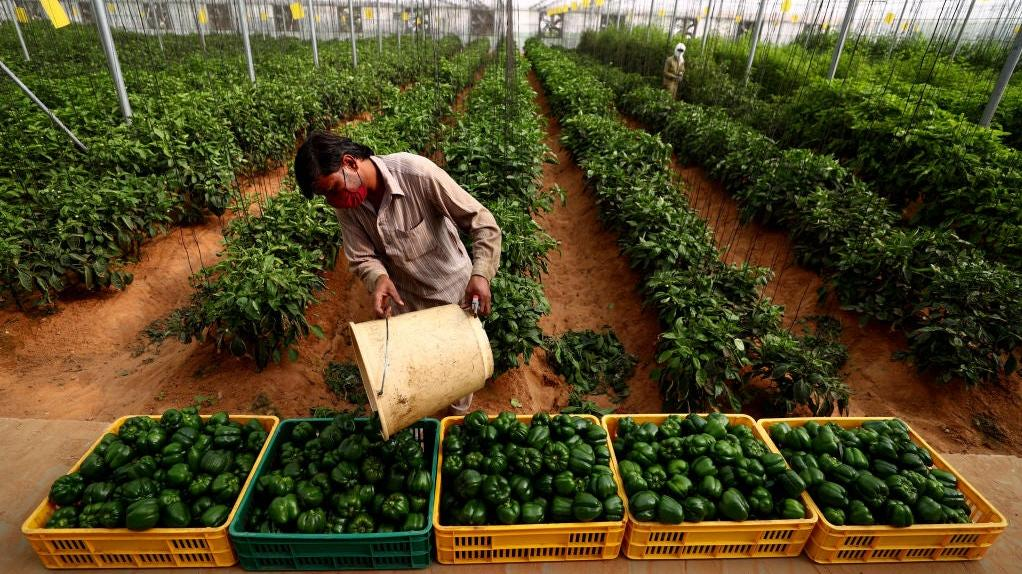10 Gardening Myths Keeping You From Better Veggies
Ignore these old wives' tales. Growing your own produce is easier than you think.
Gardening can be incredibly intimidating, especially for first-timers. When do you start your seeds? How do you keep greedy bugs away? What if your spiteful shoots just never sprout? The truth is, gardening is a lot more intuitive than you might think, and most first-timers can drum up an impressive crop with a little planning. Even better, you don't need to worry about most of the old wives' tales you'll hear floating around your neighborhood garden center. Go forth and plant confidently—and don't waste your time on these gardening myths.
Myth: Add sugar to your tomato soil for a sweeter crop
"The only way to grow sweet tomatoes is to choose a sweet variety, such as Super Sweet 100 Tomatoes, so this is definitely a myth. These tomato plantlings already have an established root system, so they're easy to grow in a windowsill garden and taste great in salads." —Rebecca Sears, Chief Gardening Guru, Ferry-Morse
Myth: Plant extra parsley for... Satan?
For an innocuous garnish, parsley sure has a lot of demonic baggage. Medieval legend forbade virgins from planting parsley, lest they be impregnated by Lucifer himself. Greek mythology states that the herb first germinated in the blood of Archemorus, a figure whose name translates to "forerunner of death." Another legend suggests that gardeners of yore plant extra parsley "for the devil" so Old Scratch would leave their primary crops alone. Needless to say, parsley is not a harbinger of death and destruction—although planting a little extra is never a bad idea.
Myth: Soil + coffee grounds = happy plants
This is a tough one, as coffee grounds really are an excellent addition to most backyard composting systems. Fresh grounds contribute a level of acidity to the soil, and plants like blueberries, radishes, and carrots thrive in a slightly more acidic environment.
However, you'll want to be careful here, as some plants—tomatoes, for example—don't respond well to additional acid in the soil. It's also important to note that fresh coffee grounds can tie up valuable nitrogen in your soil as they decompose. Ultimately, coffee grounds aren't a one-size-fits-all soil additive and should be used cautiously.
Myth: Marigolds will keep pests away
Marigolds are often billed as a general pest deterrent—but some gardening experts aren't convinced. "There is no scientific evidence to support marigolds as a general pest deterrent," says Rebecca Sears, chief gardening guru for Ferry-Morse. "However, there is evidence that marigolds suppress plant-parasitic nematodes. Marigolds also attract beneficial insects that attack aphids."
Myth: Water droplets will burn your plant leaves
Legend has it that watering plants on a hot day will burn your plant leaves. Of course, this is nonsense—the idea that water droplets could form tiny magnifying lenses and intensify the sun's rays is a huge stretch. Researchers from Eötvös University went so far as to debunk the myth with a series of computer models, proving that water droplets can't "focus" the sun's energy in a way that could burn a leaf.
If you're still paranoid about harming your plants' leaves, be sure to water the soil—not the plant itself—to prevent damage to external foliage. This is a good practice in general, as it reduces the chance of rot caused by excess moisture.
Myth: Gardening is only for homeowners
If you engage in athletics, you're an athlete. Similarly, if you garden on any level, you're a gardener. Your garden deserves the same level of TLC whether you're working with a tiny backyard plot, a container garden on your apartment porch, or a multi-acre spread. Plus, if you live in an apartment and get tired of container gardening, there's always a chance that your landlord will let you arrange a plot in your building's backyard.
Myth: Epsom salt is magic fertilizer
The magnesium sulfate in Epsom salts has long been touted as a magical fertilizer regardless of soil conditions. This couldn't be further from the truth. In reality, it's impossible to determine the quality of your soil without a proper soil test using a kit from a gardening store. And if you're sticking with container gardening, chances are that you won't need any additives like Epsom salts. The soil you use to plant your seeds is likely already perfectly primed for gardening. (Unless you scooped your soil out of a random hole in the ground and transplanted it into a pot. Then, a soil test might be in order.)
Myth: A bag of pennies will repel flies
"It's a common belief that pennies tied up in a clear plastic bag filled with water will refract enough light to scare away flies. While some gardeners might find success with this, it hasn't been scientifically proven to work. If you have a few pennies on-hand, give it a try this spring for a fun garden experiment." —Rebecca Sears, Chief Gardening Guru, Ferry-Morse
Myth: You can’t grow produce indoors
If you have the space for an indoor vegetable garden, you can absolutely move things inside. This is especially helpful if you live in an area with a volatile climate. (Hello, fellow Chicagoans.) Depending on your level of commitment, you may want to consider investing in a grow light.
Myth: My pepper plants don’t have flowers, which means they won’t grow fruit
Ack! You're not seeing flowers on your pepper plants. Don't panic: they'll likely still bear fruit. Pepper plants can be sensitive, and weather conditions—including hot winds and sudden cold spells—can cause flowers to drop off of outdoor pepper plants before you even notice them. Just keep in mind that ultra-high summertime temperatures—90 degrees and above during the day—may slow down or prevent pepper fruiting.
